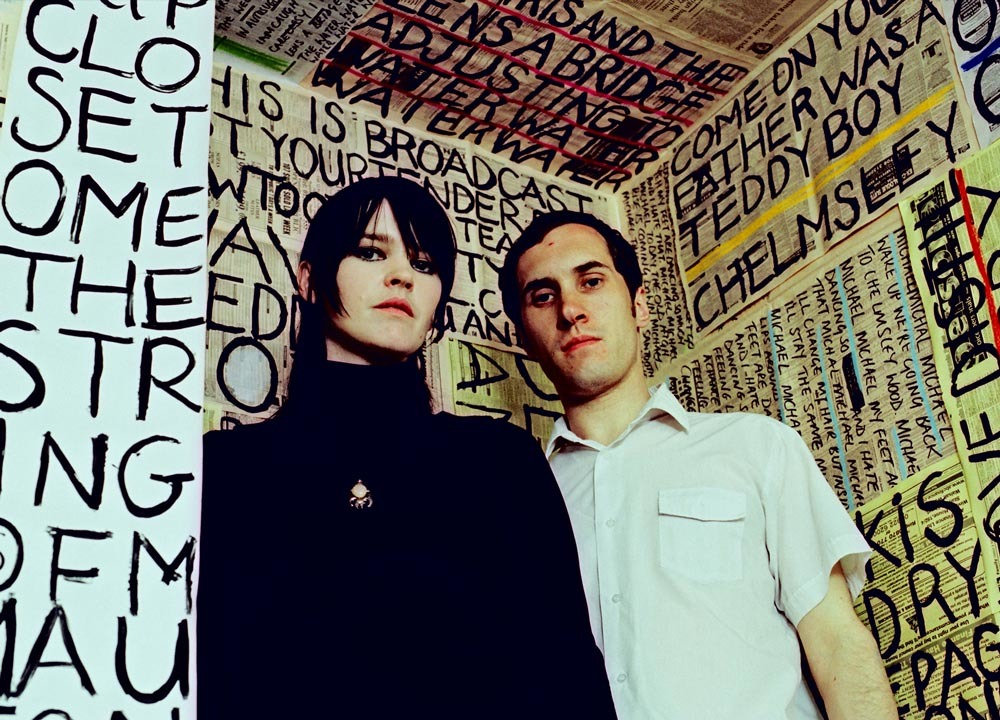
English ‘retro-futurist’ experimental art-pop band Broadcast’s journey through music at times evoked imaginary old children’s TV theme music and art-house movie soundtracks. What makes their music so distinctive is the sometimes familiar – yet not from this world – eclectic style of the music, with its assorted elderly synth tones and BBC Radiophonic Workshop style bleeps and noises, together with Trish Keenan’s calmly haunting singing, often of strange surreal/ absurdist lyrics.
Tragically, Singer Trish Keenan died from pneumonia early in 2011, making their odd, dreamy, timeless pop even more haunted and affecting. Since then there have been re-issues of the original albums and compilations of singles and EPs in 2015, but the announcement of three archival releases this month was a pleasant surprise. Here’s “Sixty Forty” from a 2003 BBC Maida Vale studio session:
“Sixty Forty” – Broadcast’s cover of a song from Nico’s 1981 “Drama in Exile” album – was previously only available on a 2009 Warp Records compilation Warp20 (Unheard).
“The BBC Maida Vale Sessions“ compiles four of Broadcast’s live performances at the West London studios between October 1996 – their first session for the John Peel show the same year as their first single release – and August 2003, by which time they had released their “Haha Sound” album. It was a period that saw them devolve from a more expansive kind of eerie psychedelic pop into even more experimental electronic noise pop as the group reduced to the core duo of James Cargill and Trish Keenan. “Sixty Forty” here is perhaps an early sign of what was to come two years later on their “Tender Buttons” album.
While most of the remaining songs will be familiar from their studio releases BBC sessions always seem to bring out something fresh in bands. This album also includes a song they did not record on any subsequent studio release – “Forget Every Time”.
Broadcast release three archival albums on the 18th March 2022 via Warp Records – Microtronics – Volumes 1 & 2, Mother Is The Milky Way, and BBC Maida Vale Sessions from which “Sixty Forty” here is taken.
